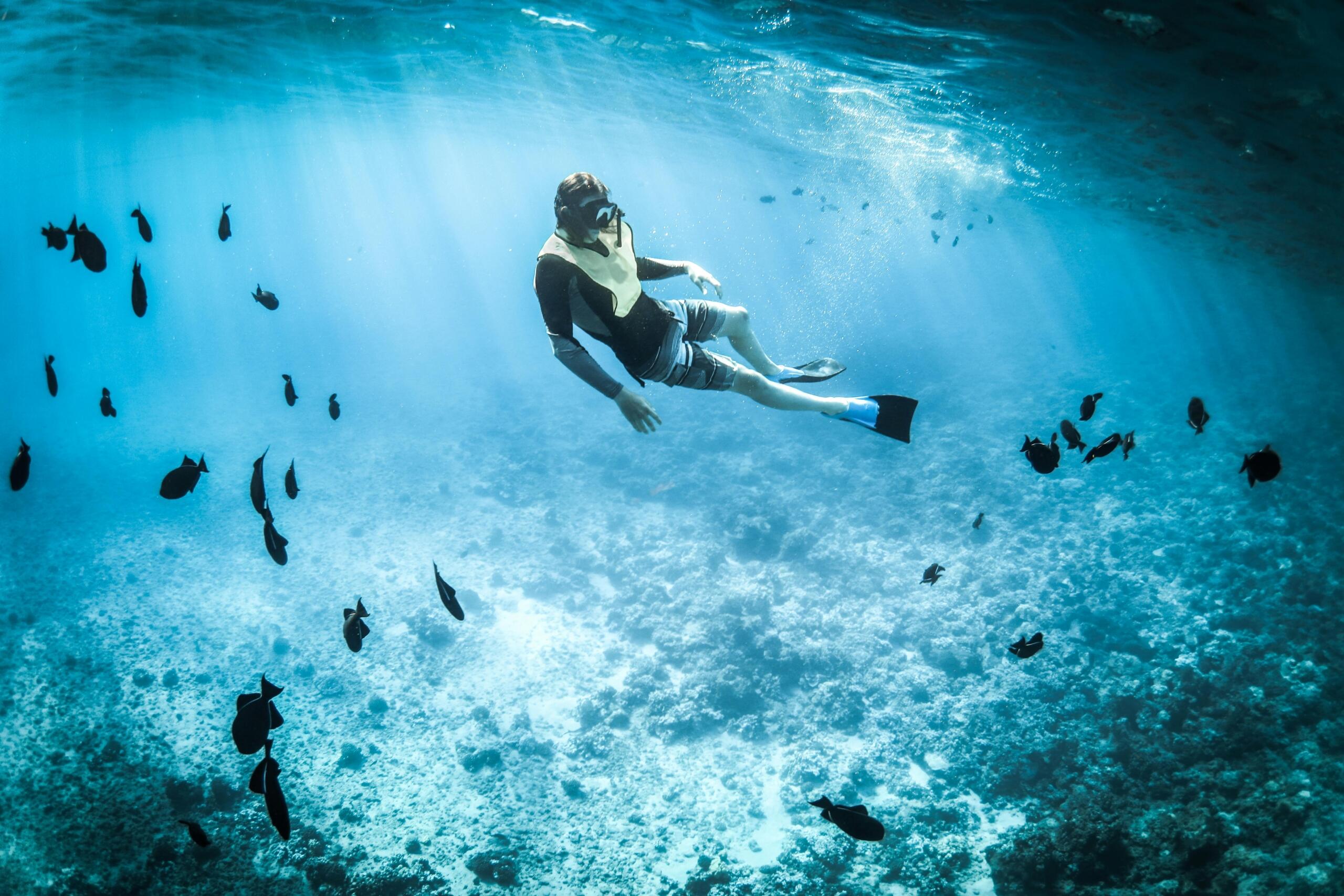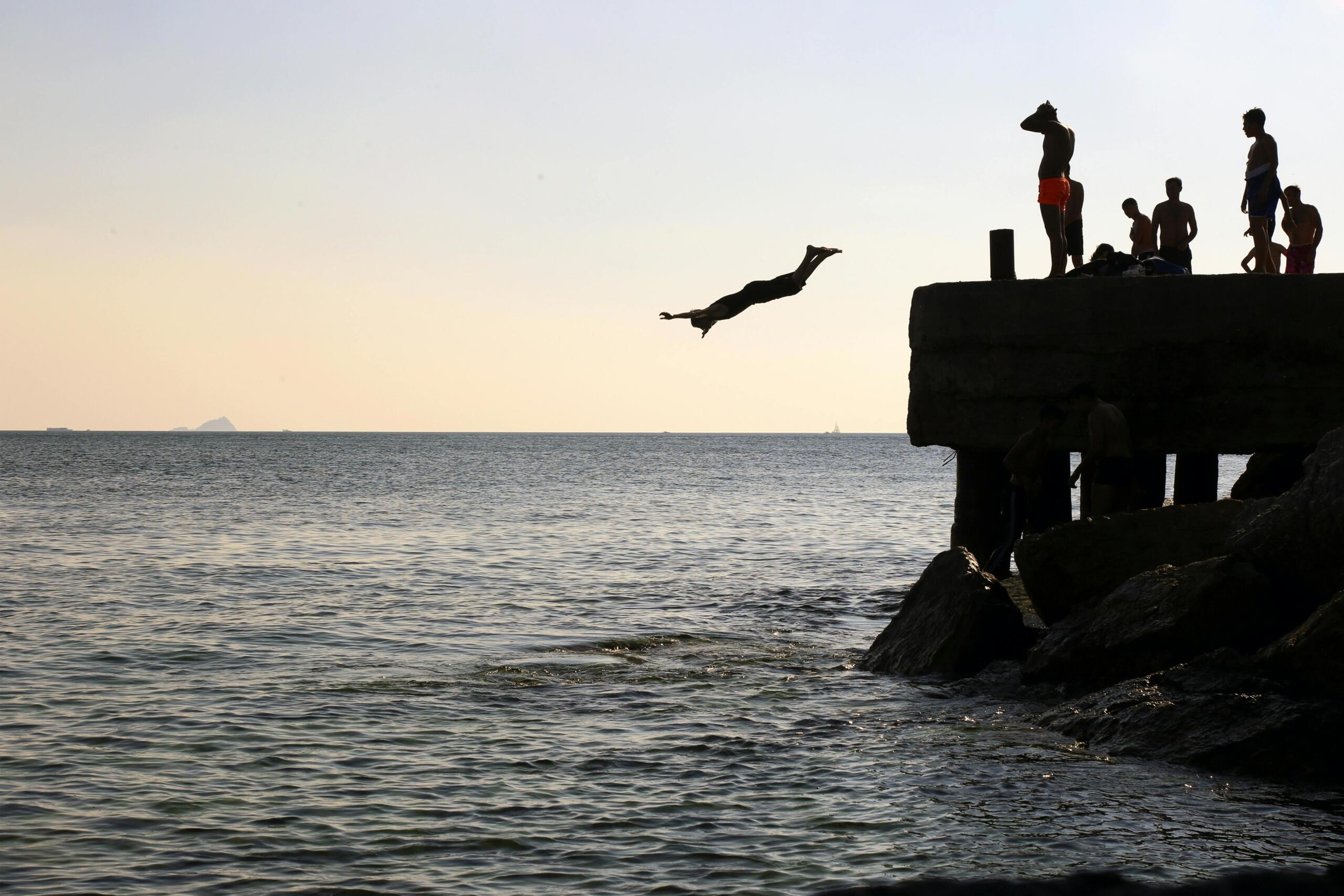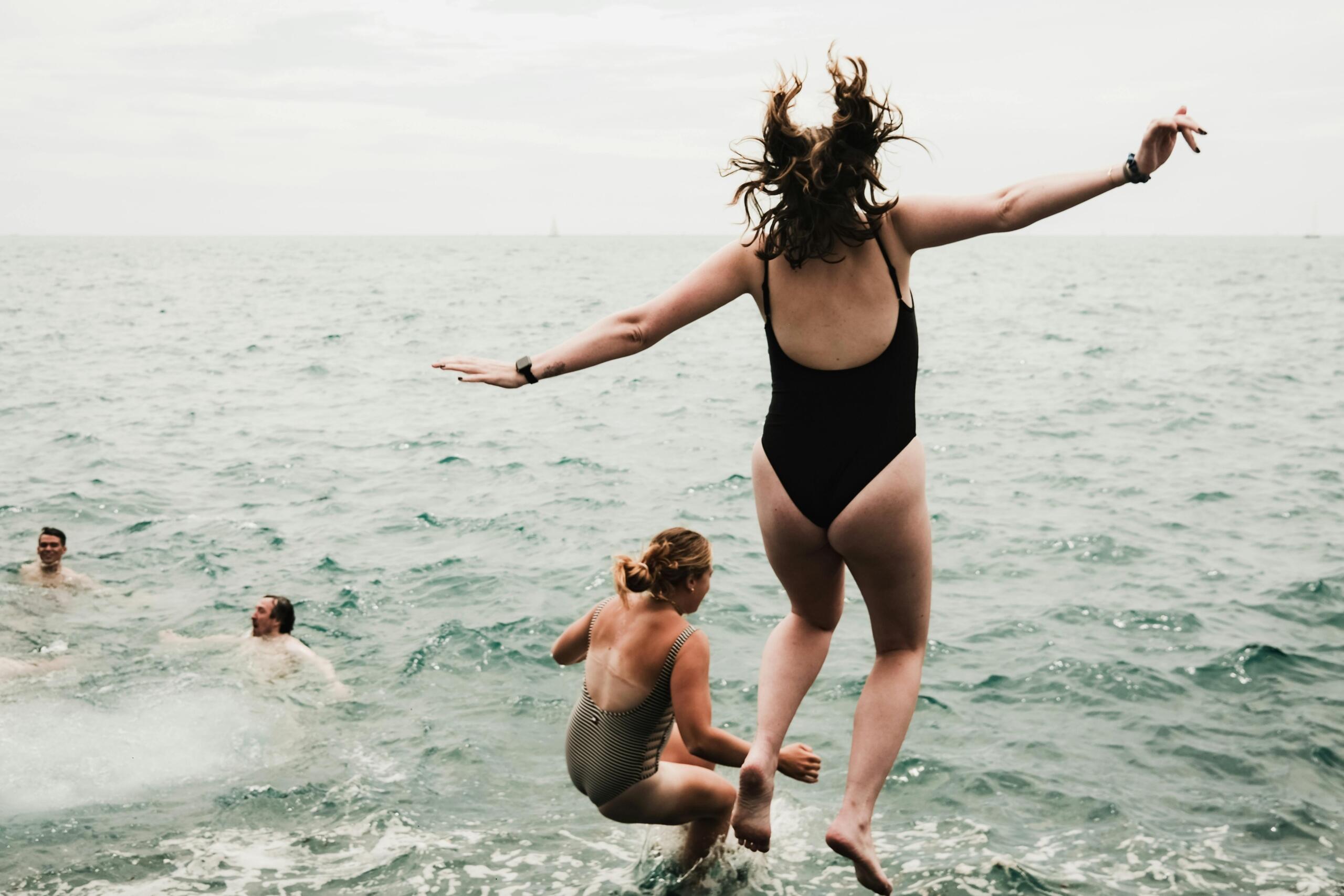Swimming is much more than a fun way to cool off during the summer months. It’s a skill that can change your life in more ways than one. Whether you're gliding through a pool, exploring the ocean, or just dipping your toes in a river, swimming opens doors to many unexpected opportunities, experiences, and connections. In South Africa, with our stunning beaches, beautiful lakes, and abundant outdoor activities, learning how to swim is essential, and the social benefits of swimming extend far beyond just the physical. For locals seeking lessons, consider swimming classes pretoria.
So, besides acting as life-saving skill, what are the social benefits of swimming?

What Are The Social Benefits of Swimming in South Africa
Swimming is a unique activity that brings people together in ways few other sports can. Whether you're in a swim class, part of a swim team, or simply hanging out at a local beach, the social benefits of swimming are profound.
When children learn to swim, typical group environment settings usually lend themselves to a sense of camaraderie and teamwork, which makes swimming a safe place to provide space for children and friendships.
Fortunately, the social benefits of swimming don’t stop with children. As adults, learning how to swim can sometimes feel intimidating. For expert guidance, consider taking swimming lessons. Admitting you don’t know how to swim, or that you're not very good at it, can be hard. However, joining a group of people who are all learning or improving together can be a wonderfully supportive environment.
In addition, may South African communities have local swimming clubs or even informal "social swimming" groups that meet for regular swims at local beaches or pools. These types of groups offer the perfect setting to meet like-minded people and engage in a social setting while doing something beneficial for your health, sense of belonging and overall well-being.

Safety When Swimming: More Than Just Fun
While the social benefits of swimming are undeniable, it's equally important to address the aspect of safety when swimming. South Africa's many beautiful water sources – from its beaches along the Indian and Atlantic Oceans to its inland lakes and rivers – are a magnet for adventure lovers. However, safety should always be a top priority and having an acute awareness of water safety is non-negotiable if you plan to pursue any aquatic activities.
Your first step to safety when swimming, for yourself and those around you, is simply being a confident swimmer. When this is the case, whether it’s sailing, kayaking, or just enjoying a beach outing, you can participate especially when you have the added understanding of how to assess water safety and what to do in an emergency.
Knowing how to swim also empowers you to help others in need. Imagine you’re on a beach and someone is struggling in the water – your knowledge of swimming could make you the person who steps in to help. Even if you’re not a trained lifeguard, the benefits of learning how to swim go beyond personal enjoyment; they also extend to being able to assist in a crisis.
Enhance Your Lifestyle With Swimming
Being able to swim doesn't just keep you safe; it opens up a world of opportunities for adventure and fun. Once you have mastered the skill, there are no limits to the kinds of water fun you can experience.
Perhaps you are a thrill-seeker who is keen to try scuba diving, surfing, or wakeboarding, or perhaps you prefer a more laid-back activity like paddleboarding or canoeing. Either way, you need to be a confident swimmer.
South Africa’s vast coastline, as well as its many dams and rivers makes it a place to truly embrace the outdoors. Of course, this is even more wonderful when you are a competent swimmer. Imagine being on a family holiday at a lake in the Drakensberg or kayaking along the Garden Route – your swimming skills will make these experiences safer and more enjoyable. If you're near the coast, local options such as swimming classes cape town make it easy to get started.

What's more, learning how to swim means you’re less likely to be restricted by fears or worries about water-based activities. For instance, you can confidently enjoy boat trips and fishing excursions with friends without feeling nervous or dependent on others. Knowing how to swim gives you the freedom to say “yes” to more adventures and experiences and enriches your life in ways that would otherwise be inaccessible.

Benefits of Learning How to Swim: Life Skills
Beyond the immediate social benefits of swimming, it can also teach important life skills, particularly when it comes to responsibility and leadership. Swimming, whether done solo or in a group setting, instils a sense of discipline, self-care, and commitment. In a swim team, for example, you will learn how to be on time, stay hydrated, and look after your body to ensure that you're always prepared. These lessons are invaluable, and they also translate directly to other areas of life, including school, work, and personal relationships.
In addition, being part of a swim team or club provides opportunities to practice both leadership and teamwork. Whether you’re leading a practice session or cheering on a teammate during a race, the ability to collaborate with others and provide support is a critical life skill. You’ll also learn how to make quick decisions in high-pressure situations, especially when it comes to safety when swimming.
If you're an adult looking to get more involved in social swimming, whether it’s at a club or in a recreational setting, learning to lead others or support your fellow swimmers can be a highly rewarding experience.
Unlocking Unique Career Opportunities
Did you know that learning how to swim could also unlock unique career opportunities?
While it may not seem obvious, swimming is an essential skill for a wide range of exciting and well-paying jobs. South Africa’s thriving tourism industry, coupled with its extensive coastline and marine environment, means there’s a constant demand for people with specialised swimming and water safety skills.
Besides the demand for swimming instructors in South Africa, there are many other careers that require strong swimming skills, including marine biologist, scuba diving instructor, commercial diver, lifeguard, and even ocean conservationist. In addition, professional swimming coaches, competitive swimmers, and even ocean pollution collectors rely on their swimming expertise to perform their duties. These careers not only allow you to spend more time in and around the water but also offer opportunities to make a real difference in fields like environmental conservation, marine research, and water safety.
Swimming also opens doors to the world of adventure sports, including roles for surf instructors, water sports guides, and even professional athletes. If you’re looking for a career that’s both exciting and impactful, learning how to swim is the first step towards something truly unique.
Physical, Mental, and Emotional Health Benefits
One of the best things about swimming is its positive impact on your overall health and well-being. From a physical perspective, swimming is one of the most effective full-body workouts you can do. It’s gentle on the joints and provides resistance through water, making it an excellent choice for people of all ages and fitness levels. Whether you’re swimming laps or just enjoying a leisurely float, you’re building strength, endurance, and cardiovascular health.

But swimming is not just about physical fitness. The mental and emotional benefits of swimming are equally important. The rhythm of swimming – the repetitive strokes and steady breathing – can have a meditative effect, helping you to clear your mind and ultimately reduce stress. This calming effect is backed by research, which shows that being in or near water can have therapeutic effects on mental health conditions such as anxiety and PTSD.
Even with social swimming, your body releases endorphins and serotonin, hormones that boost your mood and help you feel happier and more relaxed. Whether you swim to stay fit, relieve stress, or simply have fun, the benefits of swimming on your mental health are undeniable.
Embrace the Benefits of Learning How to Swim
Ultimately, the social benefits of swimming extend far beyond just meeting people – it’s about creating lifelong friendships, learning valuable life skills, and opening up exciting new opportunities. From improving your safety when swimming to providing the confidence to explore water-based adventures, learning how to swim is a gateway to a richer, more fulfilling life.
Whether you’re a child just starting out or an adult taking the plunge for the first time, the benefits of social swimming are numerous. So, if you haven’t already, it’s time to make a splash and discover all the wonderful ways swimming can positively impact your life. In the end, with the combination of fun, fitness, safety, and social connection, swimming is truly one of life’s most rewarding skills.
Summarise with AI















